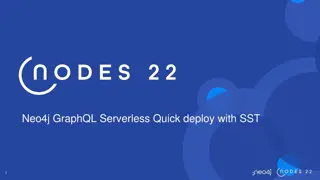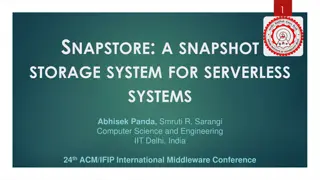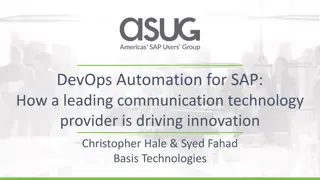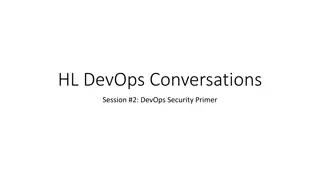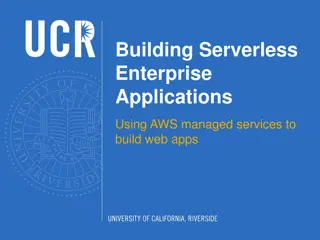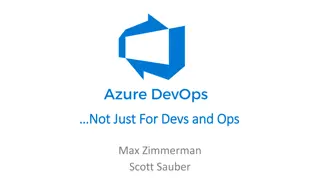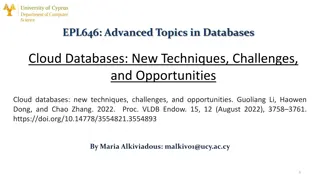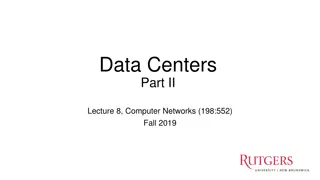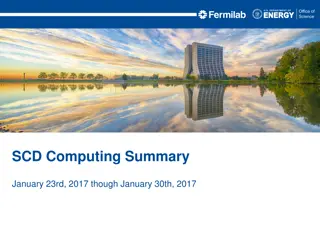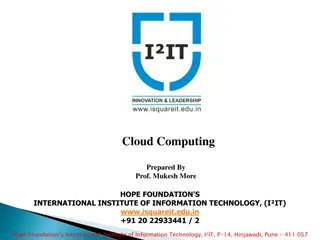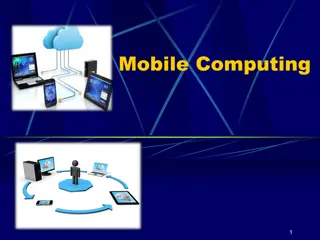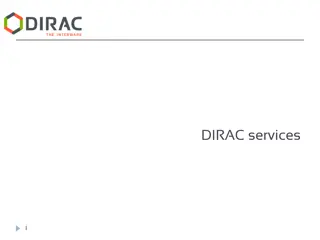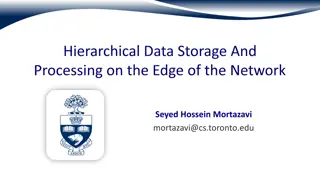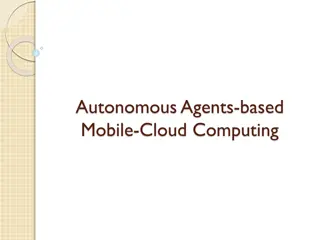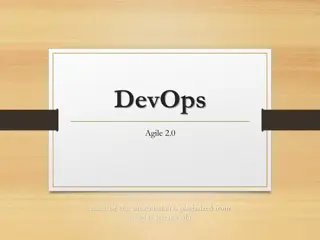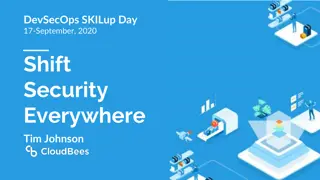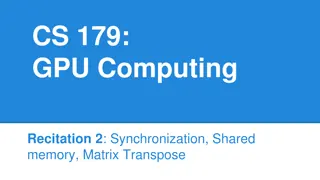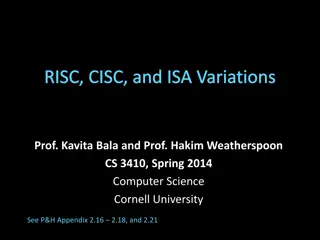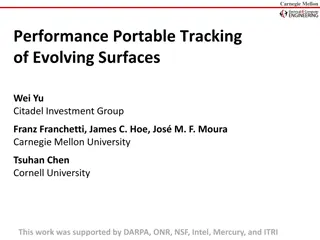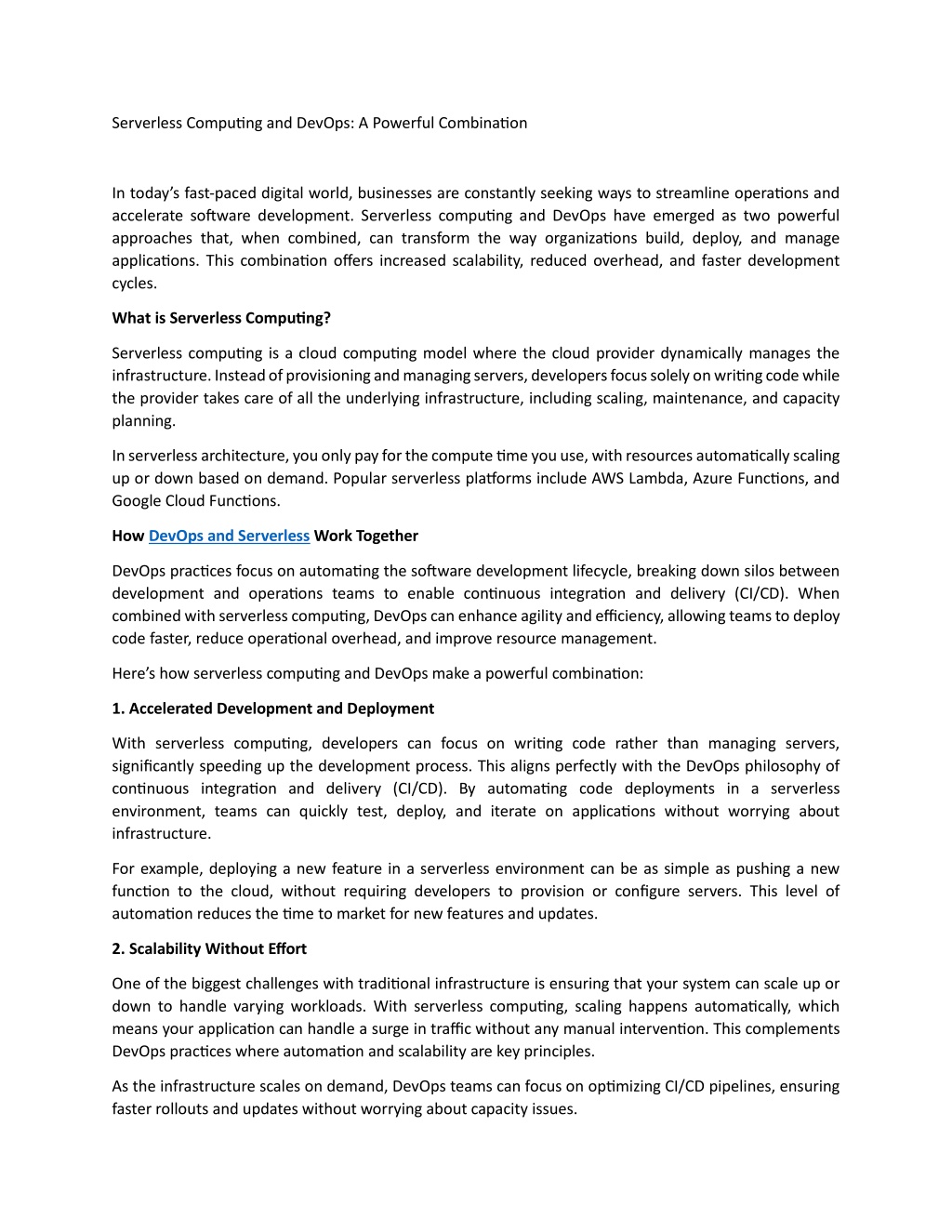
Serverless Computing and DevOps A Powerful Combination
Serverless computing and DevOps have emerged as two powerful approaches that, when combined, can transform the way organizations build, deploy, and manage applications.
Download Presentation

Please find below an Image/Link to download the presentation.
The content on the website is provided AS IS for your information and personal use only. It may not be sold, licensed, or shared on other websites without obtaining consent from the author. Download presentation by click this link. If you encounter any issues during the download, it is possible that the publisher has removed the file from their server.
E N D
Presentation Transcript
Serverless Computing and DevOps: A Powerful Combination In today s fast-paced digital world, businesses are constantly seeking ways to streamline operations and accelerate software development. Serverless computing and DevOps have emerged as two powerful approaches that, when combined, can transform the way organizations build, deploy, and manage applications. This combination offers increased scalability, reduced overhead, and faster development cycles. What is Serverless Computing? Serverless computing is a cloud computing model where the cloud provider dynamically manages the infrastructure. Instead of provisioning and managing servers, developers focus solely on writing code while the provider takes care of all the underlying infrastructure, including scaling, maintenance, and capacity planning. In serverless architecture, you only pay for the compute time you use, with resources automatically scaling up or down based on demand. Popular serverless platforms include AWS Lambda, Azure Functions, and Google Cloud Functions. How DevOps and Serverless Work Together DevOps practices focus on automating the software development lifecycle, breaking down silos between development and operations teams to enable continuous integration and delivery (CI/CD). When combined with serverless computing, DevOps can enhance agility and efficiency, allowing teams to deploy code faster, reduce operational overhead, and improve resource management. Here s how serverless computing and DevOps make a powerful combination: 1. Accelerated Development and Deployment With serverless computing, developers can focus on writing code rather than managing servers, significantly speeding up the development process. This aligns perfectly with the DevOps philosophy of continuous integration and delivery (CI/CD). By automating code deployments in a serverless environment, teams can quickly test, deploy, and iterate on applications without worrying about infrastructure. For example, deploying a new feature in a serverless environment can be as simple as pushing a new function to the cloud, without requiring developers to provision or configure servers. This level of automation reduces the time to market for new features and updates. 2. Scalability Without Effort One of the biggest challenges with traditional infrastructure is ensuring that your system can scale up or down to handle varying workloads. With serverless computing, scaling happens automatically, which means your application can handle a surge in traffic without any manual intervention. This complements DevOps practices where automation and scalability are key principles. As the infrastructure scales on demand, DevOps teams can focus on optimizing CI/CD pipelines, ensuring faster rollouts and updates without worrying about capacity issues.
3. Reduced Operational Overhead In a traditional DevOps setup, teams are responsible for maintaining and managing the underlying servers and infrastructure. This includes monitoring, patching, and scaling resources as needed. However, with serverless computing, the cloud provider takes care of these operational tasks, freeing up DevOps teams to focus on more value-added activities like improving deployment pipelines, optimizing code, and ensuring application quality. By reducing operational overhead, serverless computing allows DevOps teams to work more efficiently, which leads to quicker deployments and reduced costs. 4. Cost Efficiency One of the key advantages of serverless computing is its cost-effectiveness. With serverless, you only pay for what you use there are no costs associated with idle servers or over-provisioned resources. This pay- as-you-go model aligns with DevOps practices that prioritize resource optimization. DevOps automation tools can be used to monitor and optimize resource usage in serverless environments, ensuring that applications run efficiently and cloud costs are kept to a minimum. The combination of serverless and DevOps can significantly reduce cloud costs while maintaining high performance. 5. Improved Monitoring and Automation DevOps emphasizes continuous monitoring and feedback loops. Serverless platforms offer built-in monitoring tools, such as AWS CloudWatch or Azure Monitor, to track performance, latency, and errors in real time. This visibility allows DevOps teams to detect and resolve issues more quickly. Furthermore, DevOps automation tools can be integrated with serverless platforms to automate repetitive tasks like deployments, testing, and monitoring, ensuring that applications run smoothly without manual intervention. 6. Enhanced Security and Compliance Security and compliance are essential in any development pipeline, and both DevOps and serverless computing can enhance these aspects. With serverless, much of the security management (such as patching and updates) is handled by the cloud provider. DevOps practices can further automate security checks, enforce compliance policies, and integrate security into every stage of the CI/CD pipeline. Conclusion Serverless computing and DevOps create a powerful combination that can drive faster, more efficient software development. By reducing operational overhead, enabling automatic scaling, and enhancing automation, businesses can focus on delivering high-quality applications quickly and cost-effectively. For organizations looking to innovate and stay competitive in today s digital landscape, combining serverless computing with DevOps practices is a smart strategy. Read devops.html More: https://techhorizonsolutions.blogspot.com/2024/09/serverless-computing-and-

